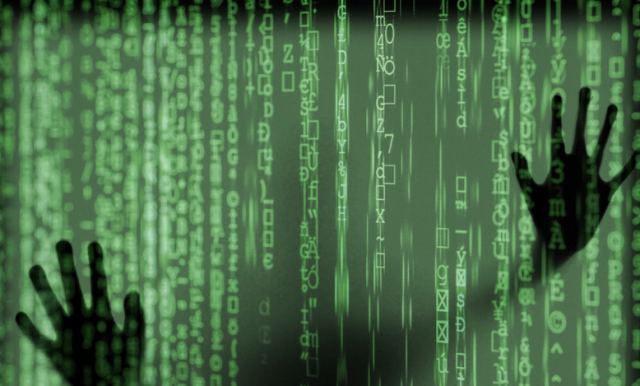Online threats have only increased with time. Today, we have much powerful security systems, but threats have also become stronger. The advancement in technology has provided more power to hackers. Now they have a better and faster system to help them execute their unethical operations.
Although individuals are also not safe, businesses are the most common target of such people. Businesses have more to lose and they rely on technology for their everyday operations. If you are not well-prepared, you could easily become the next target of some hacker. Here are some most common cyber security risks that you should watch out for.
8 Most Common Cyber Security Risks to Watch Out For
Not Hiring Cyber Security Consultant
The very first mistake businesses make is not hiring a professional for consultancy. You might have a good understanding of online security, but you don’t have any experience in it – at least not as much as a consultant. You should reach out to good cyber security consulting services NJ to help you build a strong system that is not easy to crack. They can also help get the right people for security.
Not Covering Security Basics
Most businesses don’t even cover the most basics of their security. You might think that you don’t have a big business and you won’t attract any attention, but that’s where you are wrong. Hackers don’t look for big businesses, they look for vulnerabilities.
It doesn’t matter how much they can make from you. They only see that they can get into your system to blackmail you. Make sure you don’t let them see any weakness. Even if they are not planning to, they will attack you if they see it’s easy.
Not Training Employees Properly
Even if you get the best security firm for your work, you should still train all your employees. It’s easier to cause harm from the inside. They might not be planning it, but they can unintentionally create a vulnerability. For example, someone could trick them into getting their login details.
This is why it’s important you conduct training sessions for all your employees and teach them everything there is to know about staying safe. You should let them know exactly what kind of details they should not share with anyone and how they can cause damage to the business.
Not Creating a Cyber Security Policy
You should start by creating a cyber-security policy for employees of every level. It should discuss everything that is important to keep the system safe and running. In addition to training sessions, this policy will tell all the dos and don’ts to all employees in writing.
Remember, this policy should even cover C-level employees and the guidelines they need to follow. They should know that they will be held responsible if there is a mistake from their side, even if unintentional.
Not Checking Background of Employees
You should not just hire any employee without checking his background. Even if there is a record of a felony, you can hire them; however, it should be at your notice. You should discuss their past with them before you hire them. If you don’t feel comfortable, you should not hire them.
It’s easier to hack a system when you are one of the users. Some hackers can become an employee to crack your system. Even if they are not here for this one purpose, you should know if they have such skills and how they have used them in the past. Contact their former managers for a review.
Not Limiting User Access
Every user should only have limited access to things that are important and relevant for him. There is no need to give access for no reason. It’s not just about trust but efficiency. Every person with access is an open door. The fewer doors you have, the better.
This is why you need to set levels of access and give only limited access to each employee. You should set this limitation before you give access to an employee. They might feel that you don’t trust them if you limit their access later.
Not Planning Data Recovery
Although you should hope for the best, it is wise to prepare for the worst. You should know how you are going to recover if your system is hacked. Even if it’s not hacked, anything can happen that might damage your data and system.
There could be hardware or system failures in the future. This is why you need to have a backup plan. Create a separate and secure data recovery plan that doesn’t take much time and keeps updating automatically.
Not Keeping the Systems Up to Date
System updates are there for a reason. Developers keep creating new features and improving the existing ones to provide a better service; one of the services is security. They learn about 8 Most Common Cyber Security Risks new threats and better ways to prevent them every day and update the systems accordingly.
Every time you are given an update, you shouldn’t waste time. You should particularly be up to date with antiviruses. They do their research and ask you to install updates because there might be vulnerabilities in the existing system.







